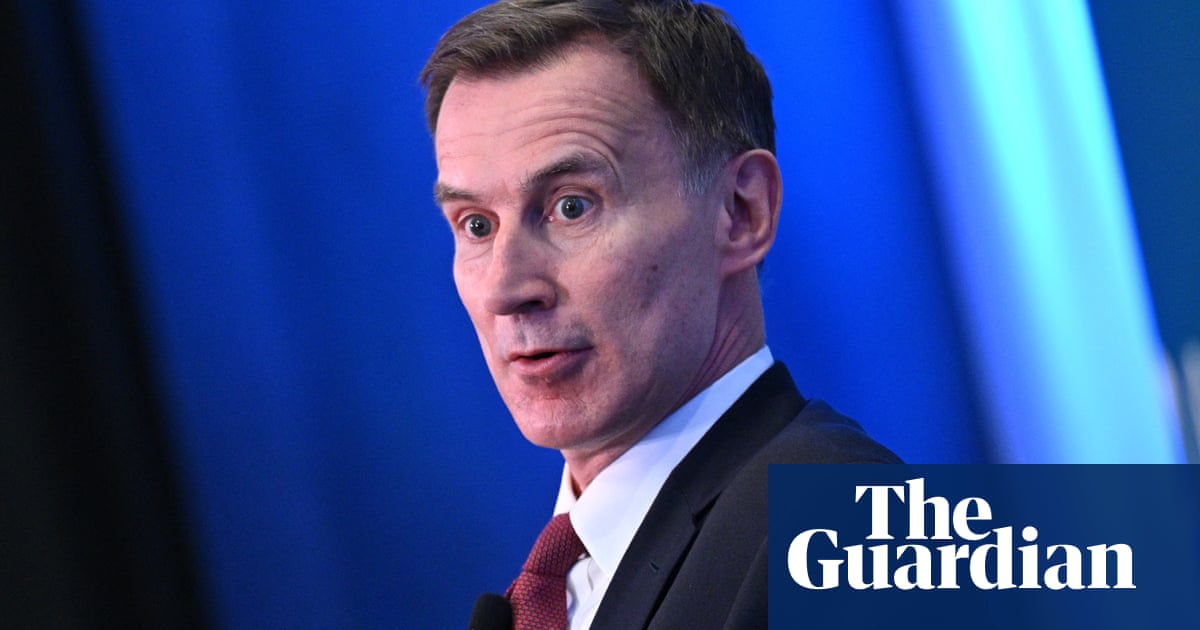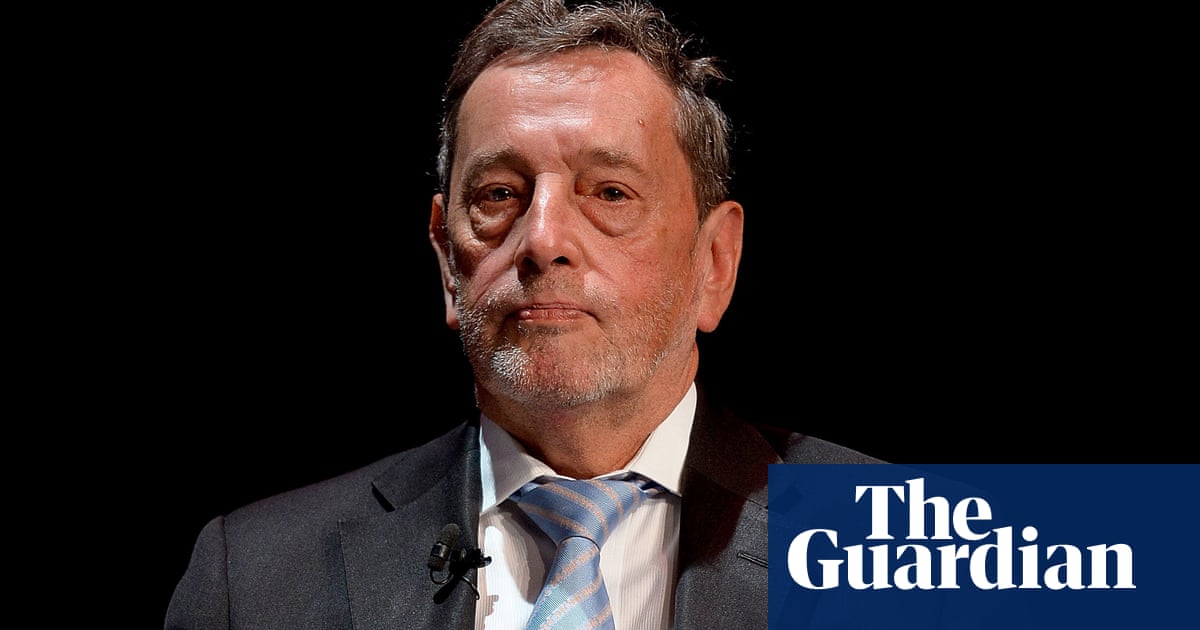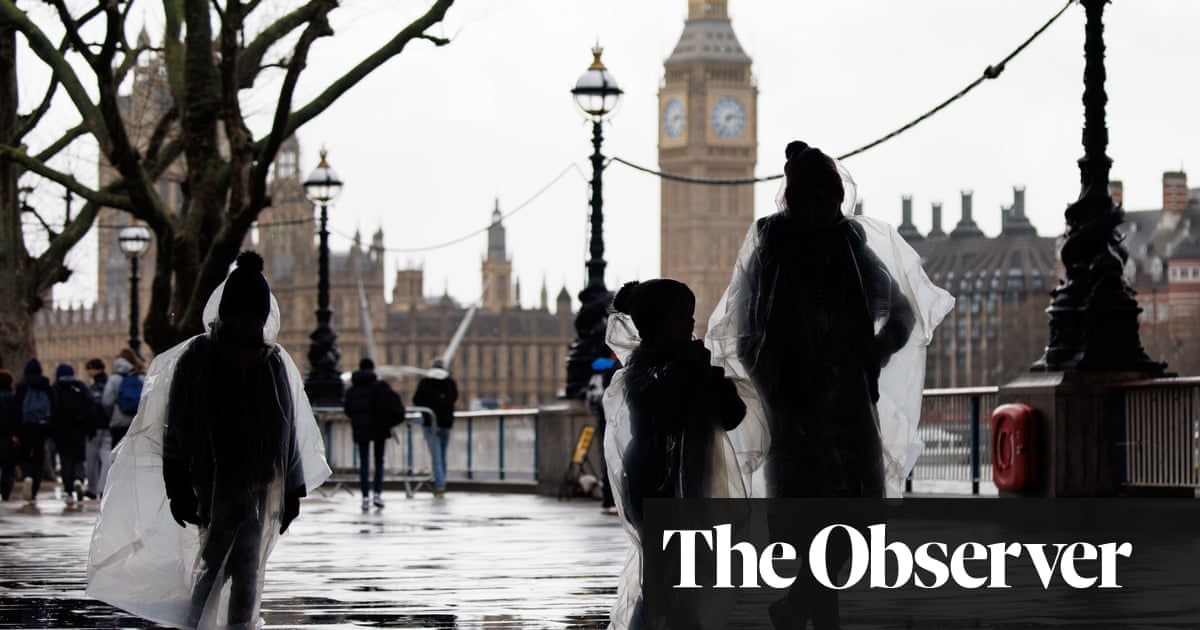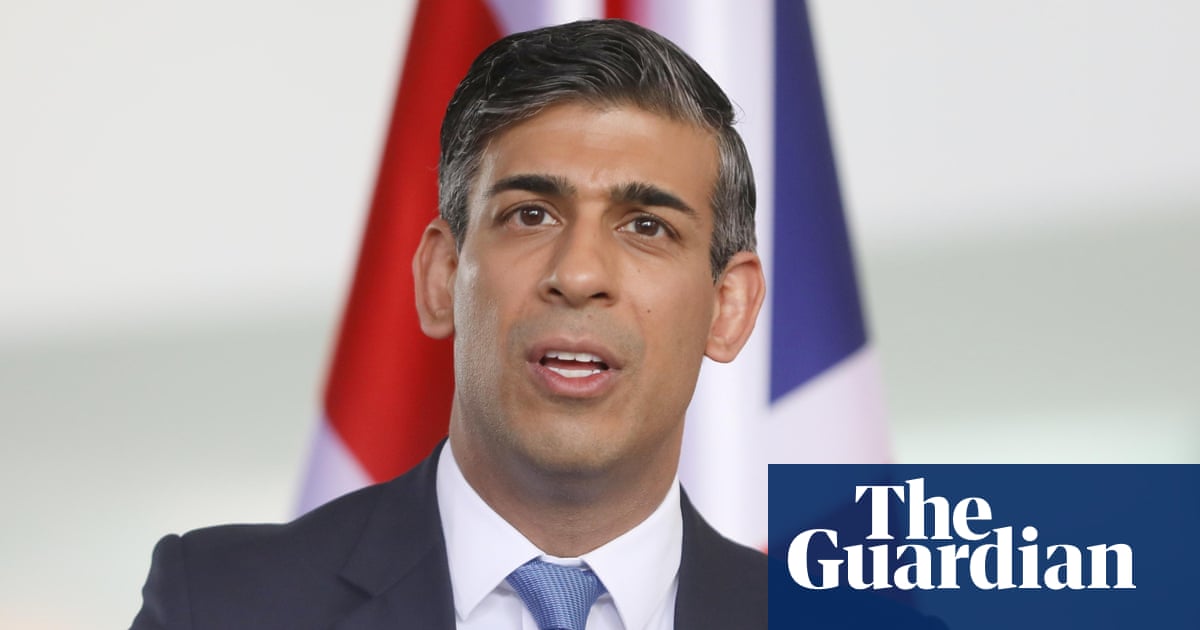Jeremy Hunt’s scope for tax cuts hit by higher-than-expected borrowing | Budget deficit


Jeremy Hunt’s scope for a substantial pre-election tax giveaway has been hit after the latest set of official figures showed the UK’s public finances in worse shape than thought at last month’s budget.
Figures from the Office for National Statistics showed the government borrowed £120.7bn in the 2023-24 financial year – £6.6bn more than the Office for Budget Responsibility had expected.
Although the borrowing overshoot does not rule out fresh tax cuts ahead of an autumn election, analysts said it would make life more difficult for Hunt.
Borrowing in March was just under £12bn – almost £5bn lower than in the same month a year ago but higher than the financial markets had been predicting.
For 2023-24 as a whole, tax receipts rose by £66bn, while spending increased by £58bn – resulting in an £8bn fall in borrowing year on year to just over £120bn.
Ruth Gregory, a UK economist at Capital Economics, said the government ran a deficit of 4.4% of GDP in 2023-24, well above the 2.7% deficit in 2019-20 and the 3.0% average in the five years prior to the pandemic.
“Overall, if the chancellor was hoping March’s figures would provide more scope for tax cuts at a fiscal event later this year, he will have been disappointed,” she said.
“Just based on the larger-than-expected 2023-24 budget deficit and the recent shift up in market interest rates, he may have even less fiscal ‘headroom’ (perhaps about £5bn) for tax cuts than the £8.9bn left over in March.”
Rob Wood, the chief UK economist at Pantheon Macro, said: “We expect the chancellor to cut taxes again before a likely October or November general election despite borrowing overshooting his forecasts.”
In a September autumn statement, the chancellor would be able to rely on the OBR extending its forecasts to 2029-30, Wood added. “Hunt can plan for another year of unrealistically weak public spending to generate ‘headroom’ against his fiscal rules and thereby manufacture the funds to cut taxes.
after newsletter promotion
“The next government will, therefore, face a tricky choice between raising taxes to fix creaking public services or holding the line on the chancellor’s recent tax cuts. We suspect whoever the next government is will end up pushing through at least some tax rises to balance the books.”
Jessica Barnaby, the ONS deputy director for public sector finances, said spending on public services and benefits had outstripped a drop in debt interest payments as a result of falling inflation and outlays on government energy support schemes.
A Treasury spokesperson said: “Debt increased in recent years because we rightly protected millions of jobs during Covid and paid half of people’s energy bills after Putin’s invasion of Ukraine sent bills skyrocketing.
“We can’t leave future generations to pick up the tab, so we must stick to the plan to get debt falling. And with inflation falling and wages rising – we have been able to cut national insurance by a third, which shows our determination to end the double taxation of work.”
Source link




